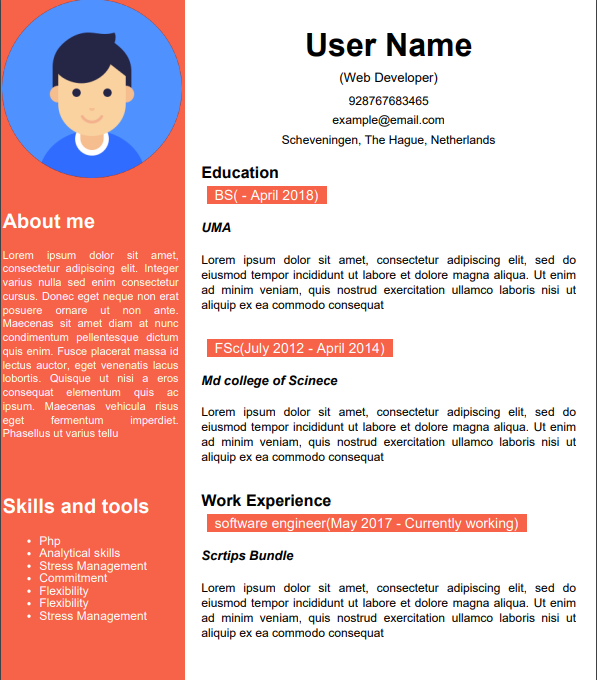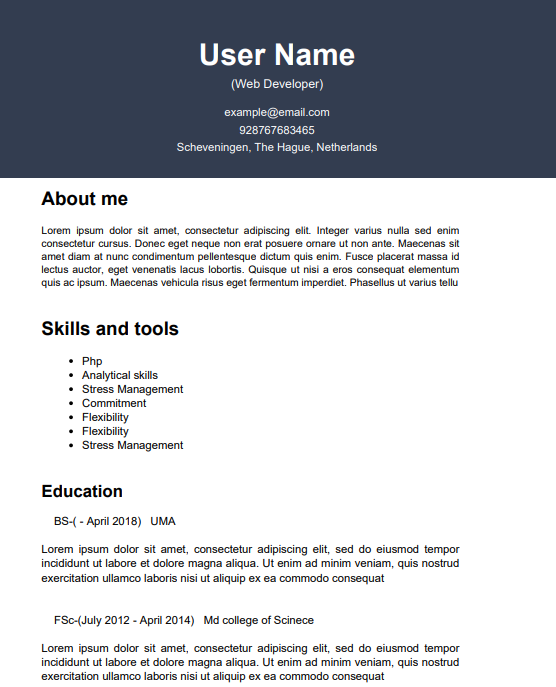Jobs4football meets Nikolay Kirchev
Jobs4football caught up with our Unlimited member and current Team Manager of Bulgarian Champions PFC Ludogorets, Nikolay Kirchev. Many within the football industry question what is the role of a Team Manager? Well, in this article Nikolay will explain his roles and responsibilities, in addition to key insights to becoming a successful Team Manager within Professional Football.
“7 days a week and almost 24 hours are the dedication that is required by the position,” Nikolay makes clear the dedication needed to succeed in such a role. “Don’t worry, you don’t need to be at your workplace for all the hours, but being set for all different scenarios at almost any time is crucial. No one is really prepared for what the day-to-day job can offer, but the reality is that experience builds you up and puts you in a position where you start controlling the environment you work in.”
“I was fortunate and unfortunate enough to be the first person appointed at the newly established position of Team Manager at PFC Ludogorets. I was told that I needed to fill the gap between the players and the coaches. However, my experience has exposed me to many and diverse situations on and off the football pitch, which have turned into a valuable asset in my overall knowledge of the industry. Working with different people, with different cultural understanding, different level of education and of course with very different character, is a challenging task for everyone in the team manager position.”
Nikolay certainly impressed Jobs4football staff with his diverse skillset and holistic approach to off the field activities within a football club,” The experience that I have gathered in my 5 and a half years working for Ludogorets, can be identified as a diverse roller coaster. Furthermore, not everything depends on the level of the club you work in, the people that work in the structure have the biggest impact on the day-to-day duties and can catch you off guard quite often. The age, the experience and the belief that leads the strategy of the people in charge, are the key elements impacting the team manager position. However, taking matters into your own hands, and organising the job in your own way is what makes a good team manager.”

Jobs4football wanted to touch more upon the actual detailed undertakings of the Team Manager job role and posed the following questions to Nikolay:
Q: What is the Role of a Team Manager in Football?
A: The role of a team manager consists of extraordinary logistical and communicational components. Being the liaison point of contact between the Players, the Coaching staff, the Management and the administration and on-site staff, requires huge dedication to the structure of a sports organisation. Planning and controlling the environment and being able to foresee possible issues that can affect the smooth running of the team, is a duty that has to stay unseen but is crucial to the day-to-day life of the club. In addition, on top of the on-site responsibilities that a team manager has, the role requires a vast amount of travelling for site-visits and club representations at competition draws and different events. In these cases, a good team manager has filled in a few possibilities of colleagues covering him during his absence, but staying informed at all times stays crucial due to the ongoing non-stop life of a football club.
Q: How Do You Manage Internal Communication in a Multi-Cultural Environment?
A: My experience has showed me that different channels of internal communication need to be used in different scenarios. I am personally using mass communication app, where I have created 3 specific information groups (Players, First team staff group and All club administration and management). Nowadays, with the new technologies, this is the fastest and most efficient way to contact a group or an individual. Of course, using team meetings as a way of communicating certain (more important) messages through to the entire group with witnesses is also a very sufficient way for internal communication. Nevertheless, knowing the subtleties of the group or the person in front of you, and finding the best approach for the certain situation is crucial, when working in a multi-cultural environment.

Q: Can You Share an Example of a Challenging Situation You Faced and Resolved Successfully?
A: The most recent situation we faced was a few weeks ago, when we woke up to one of the most severe snowfall the region has seen in the last decade. We had a game in that day, which was still not postponed, and all arrangements had to continue as per schedule. The team was gathering in a hotel, at 9am in the day of the game. Multiple players contacted me with issues that prevented them from sticking to the schedule. In that case, I went out to drive different groups of players to the designated places, as well as organising other staff members with tasks to support the schedule. In the end of the day, the game was postponed with 24 hours, which caused an on-the-go planning throughout both days.
Q: How Have You Adapted to the Philosophies of Different Coaches and Nationalities?
A: Throughout my time in Ludogorets, I have worked with 9 different coaches with 5 different nationalities. During the start of each work relationship, leaving the person in a leading position to set his own standards as the basis of the cooperation. When everything is agreed on, is the moment to share your knowledge and to suggest previous best practices that have been used in the club and that have been successful, in order to moderate a middle ground where culture and philosophy of the coach are applied in the most sufficient way within the culture of the club.
Working with a diverse group of people coming with a different cultural background is always a challenge. In the case where you are surprised by a certain custom of an individual, you need to show interest in his particular tradition and learn about it, in order to improve and show appropriate response with no culturally bias approach.
Q: What Strategies Do You Use to Manage Domestic and International Team Travel?
A: Following a checklist is the easiest way to organise a domestic and an international travel. Learning and understanding the needs and the standards of the club, and being able to flexibly apply all of the individual needs to the overall ones is the foundation of organising this type of logistics. With time and numerous repetitions, these actions become automatic and much more time sufficient. However, a team manager must follow the standard that he has set himself and use additional reminding tools as checklists or previous travel reports in every travel planning in order to avoid unforeseen hiccups.
Q: How Do You Lead and Coordinate a Diverse Support Staff On and Off the Pitch?
A: Examining leadership skills in leading and coordinating a support staff consisting of professionals with various roles on and off the pitch.
Football is an industry full of people coming from different backgrounds and cultures, people with different level of education and different age. Having such a diverse environment can be challenging unless being approached cautiously. On and off the pitch, people perform better when they are informed about the upcoming process, which touches upon the right communication and using the appropriate channels.

Q: Can You Share Insights Into Successfully Navigating a Generational Change Period?
A: Understanding the candidate’s experience during a generational change, managing over 100 players from diverse nationalities.
First thing that a team manager needs to do is establish connections on all levels within the club. Through them, different stories are told which illustrate the culture and the beliefs of the club. Understanding them is the key to push through the generational period, where new players arrive, and they need to be introduced and embedded within the group. In my experience at PFC Ludogorets I have worked with over 100 players with more than 27 nationalities, and every person is quite an individual. Maintaining the same level of attitude and respectfully making them feel treated the same by the staff is crucial when a successful generation is in the process of being replaced.
Q: What Contributions Did You Make to the Team’s Success in European Club Competitions?
A: People witness the end product of football, 11v11 at the stadium. However, an enormous process contributes towards creating that product. One of processes that stay hidden usually are the team logistics and travel arrangements which need to be planed together with the coaching staff in order to squeeze out the best performance out of each player in that final product. Every small detail can affect in some way, the performance of an athlete, and it is a team managers job to plan, observe and maintain the whole process. And last but not least, usually being the bench representative in the European competition has a big impact, using the right emotions that can light up the spark in the players, as well as controlling the environment outside of the pitch or taking the blame during the game in specific situations, can sometimes give the missing necessary boost in the football game itself.
Should you have an interest in becoming a Team Manager but dont know where to start, engage with Jobs4football Services where we can provide one to one career direction bespoke to your profile.
All Jobs4services can be found here : Shop | jobs4football

